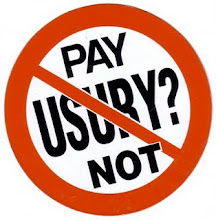The Sharing Economy: Cultivating Community
by Tricia Edgar
Share and share alike: is this a lesson we learned in kindergarten? Possibly not. While we might send casseroles and loan things to friends, our well-stocked closets reveal that we’re also rather fond of owning things. Butprolific ownership can be a problem for the planet, and increasing our consumption isn’t really an option. We’re hitting the limits. Climate change, toxic rivers, and obliterated forests tell the tale of our love of things and the sharing economy is an idea whose time has come.
Wilson sees sharing sites like Airbnb as an easy step into the sharing economy. For travellers, the site offers a way to book a room that is probably less expensive and more personal than a hotel. The rooms featured can also be intriguingly unique. Want to stay in a European castle? Sure thing!
Ecologically speaking, the sharing economy is an ode to the precious nature of objects. A home, a car, or any smaller object is full of embedded energy and materials. It’s made out of oil, metal, plants, and other earthly substances, all crafted into something that we find useful. Using objects collaboratively can honor the resources used to make them. Sharing what’s already there means that we don’t need to dig up more minerals, find more oil, or cut down more trees. We just need to borrow our neighbors’ stuff.
Culturally, the sharing economy poses questions that challenge our notions of individual ownership. What if every bookshelf was a library, every car a taxi, and every home a place to rest? The sharing economy challenges our object-loving, individualistic culture shift to embrace a culture of collectivity and community. Are we ready for a good old-fashioned barn raising? Are we willing to borrow a cup of sugar from a neighbor? If we are, the ties that we create will go much deeper than the things that we share.



0 Comments:
Post a Comment
<< Home